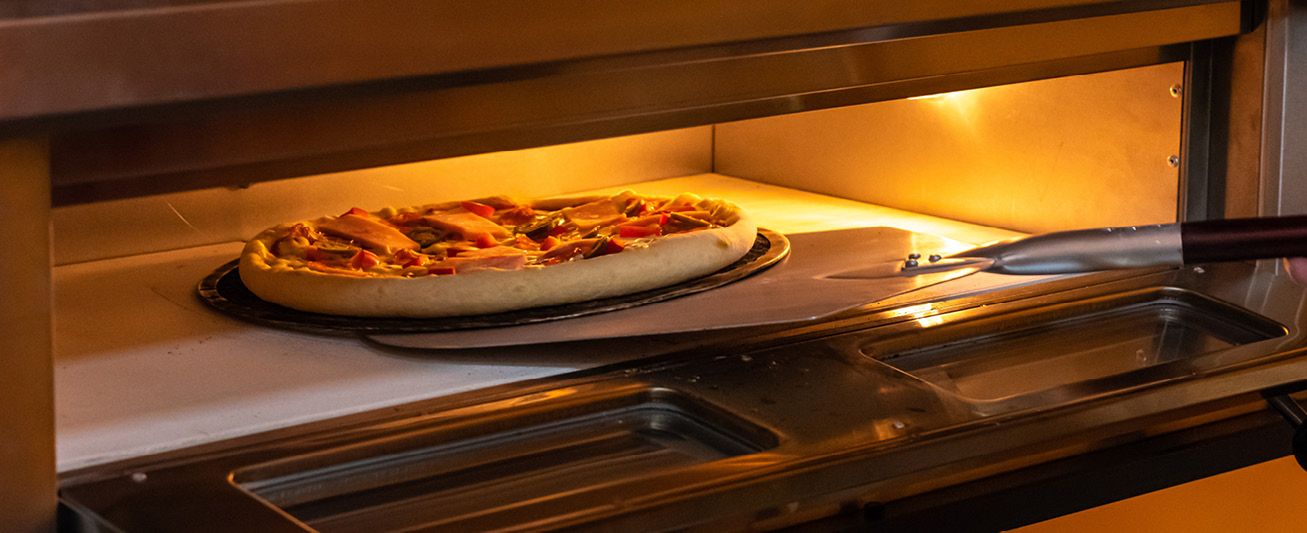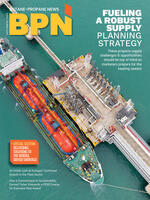
On March 28, a Nevada federal court ruled there was sufficient evidence to allow a jury to decide whether a restaurant owner’s negligence caused a propane explosion that destroyed his restaurant. It also rejected the restaurant owner’s attempt to secure a double recovery of his damages from both his insurance carrier and the defendant propane supplier. The case is Delta Saloon v. AmeriGas Propane.
Pizza Oven
Dr. Vincent Malfitano, a dentist, owned the Delta Saloon, a restaurant and bar in Virginia City, Nevada. Propane was supplied to the restaurant by AmeriGas Propane. In 2017, Dr. Malfitano made the decision to install a propane-fueled pizza oven in the kitchen on the first floor of the restaurant. In order to provide propane to the new appliance, a new gas line had to be run from the second-floor kitchen to the kitchen on the first floor. Unfortunately, Dr. Malfitano did not hire a licensed contractor to do the work. Instead, despite having no training in the installation of gas lines, he decided to do the work himself. AmeriGas was not informed of this project.
‘Do-It-Yourselfer’
To compound matters, Dr. Malfitano did not apply for a permit from Storey County for the installation of the new gas line. Such a permit was required, and the doctor later acknowledged this in deposition testimony:
“I’m sure I came to the conclusion that a permit was needed, but it didn’t rise to the level in my mind that I should go pull one. I thought I was just trying to find a space to move a gas line.”
And so, Dr. Malfitano, an unlicensed “do-it-yourselfer,” proceeded with the project himself. He attached the first section of new line to the outlet of a shutoff valve on the second floor. However, he quickly discovered that a concrete barrier in the restaurant building prevented him from running the new gas line all the way from the second-floor kitchen to the first-floor kitchen.
More Mistakes
At this point, the good doctor abandoned the project. However, his mistakes were not quite at an end. He failed to perform a pressure test on the new section of line, as required by NFPA 54. And he did not cap the outlet end of the new section of line, as also required by NFPA 54. This outlet was hidden in the ceiling above the first floor. The valve on the second floor was in the off position, so no gas flowed through the open line into the restaurant at that point.
At about 9 a.m. on March 12, 2019, Delta Saloon employee David Harrison entered the kitchen. He turned on the light switch and immediately there was an explosion. It is not clear whether he was injured, but there was substantial damage to the restaurant. After an investigation, it was determined that the explosion was caused by the ignition of propane gas. The source of the gas was the open line between the first- and second-floor kitchens. The shut-off valve upstream of the open line had been opened before the explosion. It was not known who opened the valve.
Insurance Payment
An insurance claim was promptly made to the property carrier, Scottsdale Insurance Company. Ultimately, Scottsdale paid the entire policy limits, $2.2 million, to one of Dr. Malfitano’s companies. However, Dr. Malfitano was not satisfied with this payment. AmeriGas had made a delivery of propane to the restaurant the day before the incident, and Dr. Malfitano zeroed in on this fact to have Delta Saloon sue AmeriGas, arguing that AmeriGas must therefore have caused the leak. AmeriGas understandably rejected this notion and pointed to Dr. Malfitano’s unpermitted and unlicensed installation of the gas line that left a hazardous open gas line between the first and second floors. To add insult to injury, Delta Saloon claimed that AmeriGas was not entitled to a credit for the $2.2 million that had been paid by Scottsdale Insurance, thus seeking a double recovery.
AmeriGas moved for partial summary judgment on Delta Saloon’s claims. It argued that the court should find that Dr. Malfitano (and thus Delta Saloon) was negligent and that this was a cause of the explosion. It denied any negligence by AmeriGas but asked the court to include an instruction for the apportionment of fault, just in case the jury found otherwise. Finally, it argued that Delta Saloon was not entitled to a double recovery on the damages for which Scottsdale had made the $2.2 million insurance payment.
‘Readily Apparent’
The court had no difficulty in finding for AmeriGas on the question of Dr. Malfitano’s negligence:
“Dr. Malfitano, an agent of Delta Saloon, violated the applicable building code provisions when he self-installed the gas line in Delta Saloon without a building permit and without using a licensed contractor.
“The court agrees that it is readily apparent that one of the primary purposes of requiring a licensed contractor and a permit for the installation of a gas line is to protect public health and safety.”
‘Too Many Assumptions’
The court ruled that AmeriGas had established that Dr. Malfitano, and therefore Delta Saloon, breached its duty to use reasonable care in the installation of the gas line. But this did not end the matter. AmeriGas also had to show that Dr. Malfitano’s negligence was the proximate cause of the explosion. On this issue, the court pointed to the fact that neither side could identify who opened the valve upstream of the open line, stating, “Had the shut-off valve not been opened, the explosion may not have occurred.” It therefore held that the issue of causation would have to be decided by the jury:
“It is undisputed that Delta Saloon violated those two ordinances, but too many assumptions need to be made to conclude that the violation of these ordinances was the proximate cause of the explosion as a matter of law.”
Finally, the court rejected Delta Saloon’s attempt to secure a windfall double recovery:
“Ultimately, the court finds that Delta Saloon is not entitled to recover the $2.2 million it was already paid by Scottsdale as damages in this action. Therefore, AmeriGas’ motion for partial summary judgment is granted on this issue.”
The case is scheduled for trial in January 2025.


